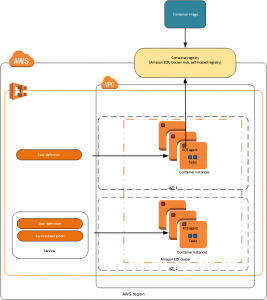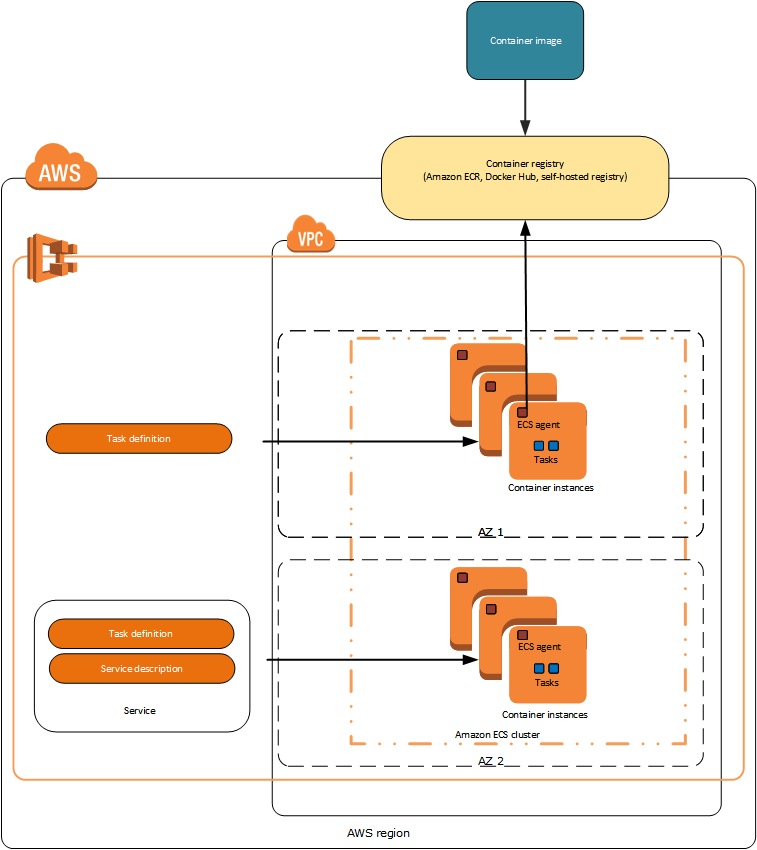
This page represents a list of top 6 container orchestration and management tool which can be used for your next cloud-native apps. Before getting into details, lets look at the trends (Google trends).
Trends for Container Orchestration and Management Tools
List of Container Orchestration and Management Tools
Here is the list of container orchestration and management tools:
- Kubernetes: Kubernetes is an open-source system for automating deployment, scaling, and management of containerized applications. Following are some of the key features:
- Automatic places containers based on their resource requirements and other constraints
- Self-healing
- Horizontal scaling
- Automated rollouts and rollbacks
- Service discovery and load balancing
- Secret and configuration management
- Storage orchestration The following is a list of pages having greater details:
- What is Kubernetes
- Kubernetes architecture
- Mesos: A tool which helps elastic distributed system to easily be built and run effectively. Mesos achieves this goal by abstracting CPU, memory, storage, and other compute resources away from machines (physical or virtual). It provides APIs for cluster (resource) management and scheduling across cloud environments and entire data centre. Provides native support for Docker containers and thus, could be used as container orchestration tool.
- AWS Elastic Container Service (ECS): AWS ECS is a container management / orchestration service which can be used to deploy containerized application services / microservices on a cluster of AWS Elastic Compute Cloud (EC2) instances. AWS ECS depends upon some of the following AWS services:
- Identity and access management
- Auto scaling
- Elastic load balancing
- Elastic container registry
- Cloud formation
The following represents the architecture of AWS ECS:

Figure 1. AWS ECS Architecture
- MS Azure Service Fabric: Azure service fabric can be used as container orchestration and management tool. It can be used to scale and orchestrate containers and microservices on Azure Cloud. You could see this service analogous to AWS ECS.
- Docker Swarm: Docker swarm is a cluster of docker engines which can be used to deploy one or more application services. With Docker Swarm, one would not require any additional orchestration software such as Kubernetes to orchestrate Docker containers. That said, in latest releases, docker is also supporting Kubernetes as an alternate container orchestration tool in addition to Docker Swarm. One can use Docker engine CLI to create and manage the Docker swarm. As like other container orchestration engine, Docker swarm supports some of the following features/functionality:
- Declarative service model
- Scaling
- Multi-host networking
- Service discovery
- Load balancing
- Rolling updates
Docker swarm can be very well used to deploy cloud-native apps (containerized microservices) on a cluster of machines.
- Nomad: Nomad is an open source scheduler that uses a declarative job file for scheduling virtualized, containerized, and standalone applications. Nomad can span public and private clouds and treat entire infrastructure as a pool of resources. Check this page on How Nomad is different from other container orchestration tool.
Latest posts by Ajitesh Kumar (see all)
- The Watermelon Effect: When Green Metrics Lie - January 25, 2026
- Coefficient of Variation in Regression Modelling: Example - November 9, 2025
- Chunking Strategies for RAG with Examples - November 2, 2025

I found it very helpful. However the differences are not too understandable for me